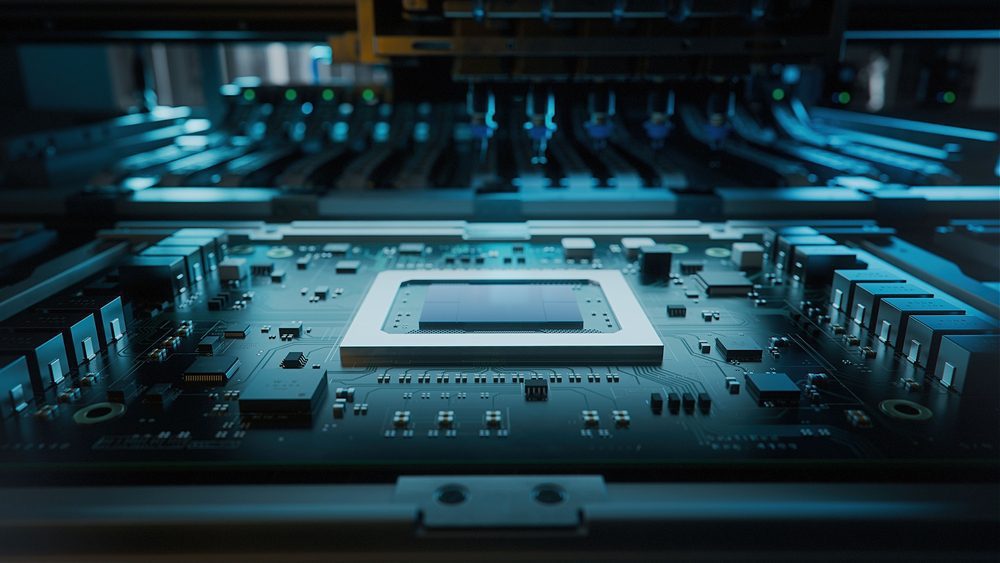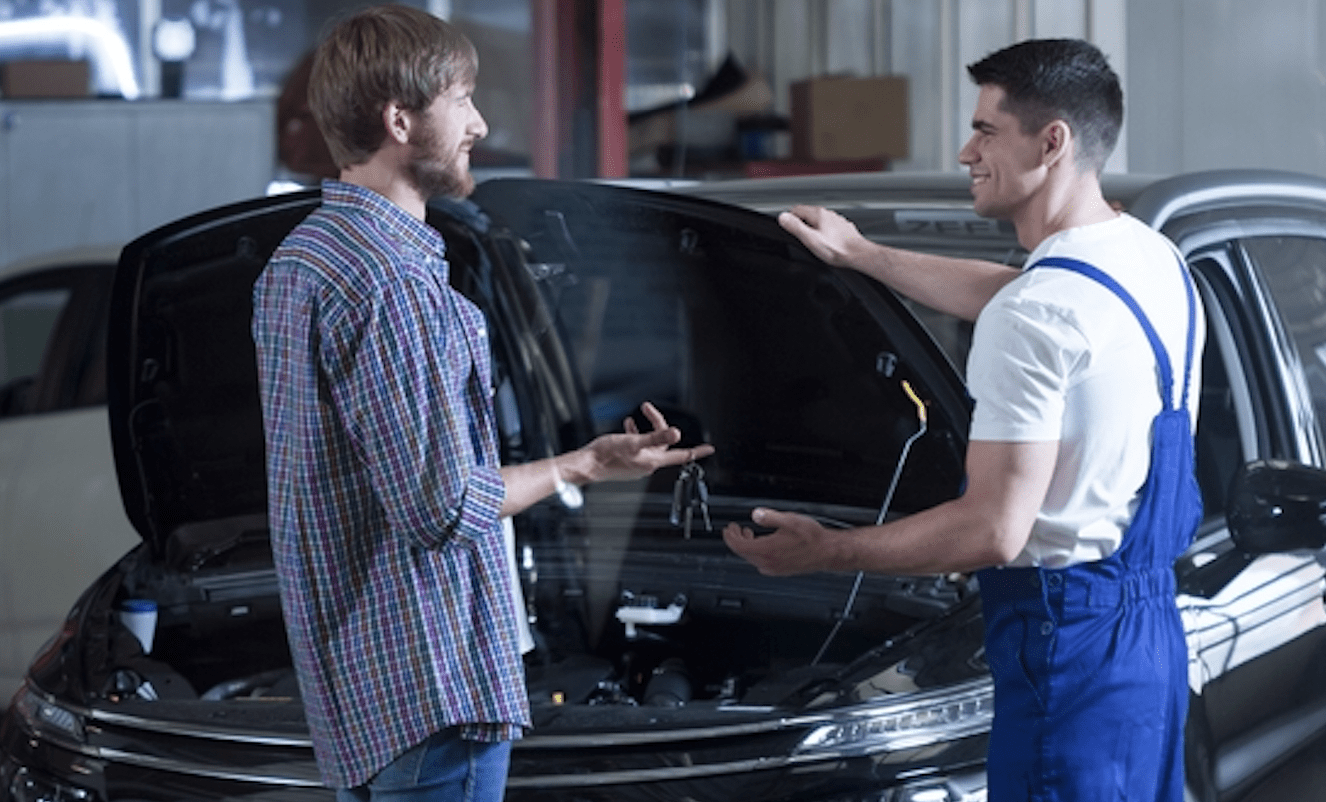Inside Automotive:


On today’s edition of Inside Automotive, we are pleased to welcome back Alex Casebeer, General Manager of Capitol Auto Group in Salem, Oregon. Capitol Auto currently has one collision center and three dealerships representing the Cadillac, Chevrolet, Subaru, and Toyota brands. Watch the complete segment here.
Headlines:
After several years of investigation, Fiat Chrysler Automobiles has agreed to plead guilty and pay around $300 million to settle claims that it intentionally tried to evade emissions standards for over 100,000 vehicles. Fiat Chrysler was accused of installing distorted software that would allow its vehicles to pass federal emissions testing improperly. The automaker has already paid civil penalties and compensation to consumers totaling over $500 million.
Electric vehicle infrastructure firm ChargePoint has released its 2022 Charging Forward Report, which looks at electric mobility trends and projections for the coming years. The company said its predictions from 2017’s report turned out to be true, with global EV sales growing considerably. Now the company predicts the shift to EVs is inevitable as automakers pour billions of dollars into electrifying their lineups.
A recent survey from the ASE Training managers Council found that many repair technicians, shop managers, and instructors report that they do not have access to the training they need. Most of the participants said pandemic restrictions and the lack of the proper topics have hindered their training. Around 25% of respondents reported their training is now self-paced and fully online. Results of the survey also indicated that respondents strongly feel they need more training on hybrids and electric vehicles.
Mercedes-Benz has announced a new recall that affects nearly one million vehicles built between 2004 and 2015. The automaker said that corrosion could cause the brake boosters in various ML, GL, and R-class vehicles to fail. This could reportedly lead to longer stopping distances and the need for more force on the brake pedal. Last month, the NHTSA issued a do not drive advisory for the affected vehicles.
News & Opinion:


The Russia-Ukraine War and the lingering impact on production cycles due to COVID-19 are still influencing the supply of new automotive vehicles. Materials like carbon black, platinum, palladium, rhodium, and semiconductor chips are still lagging. The current conflict in Europe could lead to even more shortages that might put a more significant hold on the auto industry within the United States. Will there be a rebound, and if so, when? Read More


With new vehicle inventory still hard to obtain and used car prices significantly higher than just a year ago, it’s to be expected that the service department will be busier. Vehicle owners are choosing to repair and maintain their cars rather than replace them, and that’s reflected in the average age of vehicles in use in the US increasing to 12.2 years. However, pulling those aging vehicles into the dealership still remains a challenge for most dealerships. Customer defection rates range from around 50 to 70% after three years, and getting new customers through the service department is less likely than getting a new one from the sales department. Read More
Did you enjoy today’s automotive newscast? Please share your thoughts, comments, or questions regarding this topic by submitting a letter to the editor here, or connect with us at newsroom@cbtnews.com.
Be sure to follow us on Facebook and Twitter to stay up to date or catch up on all of our podcasts on demand.
While you’re here, don’t forget to subscribe to our email newsletter for all the latest auto industry news from CBT News.




